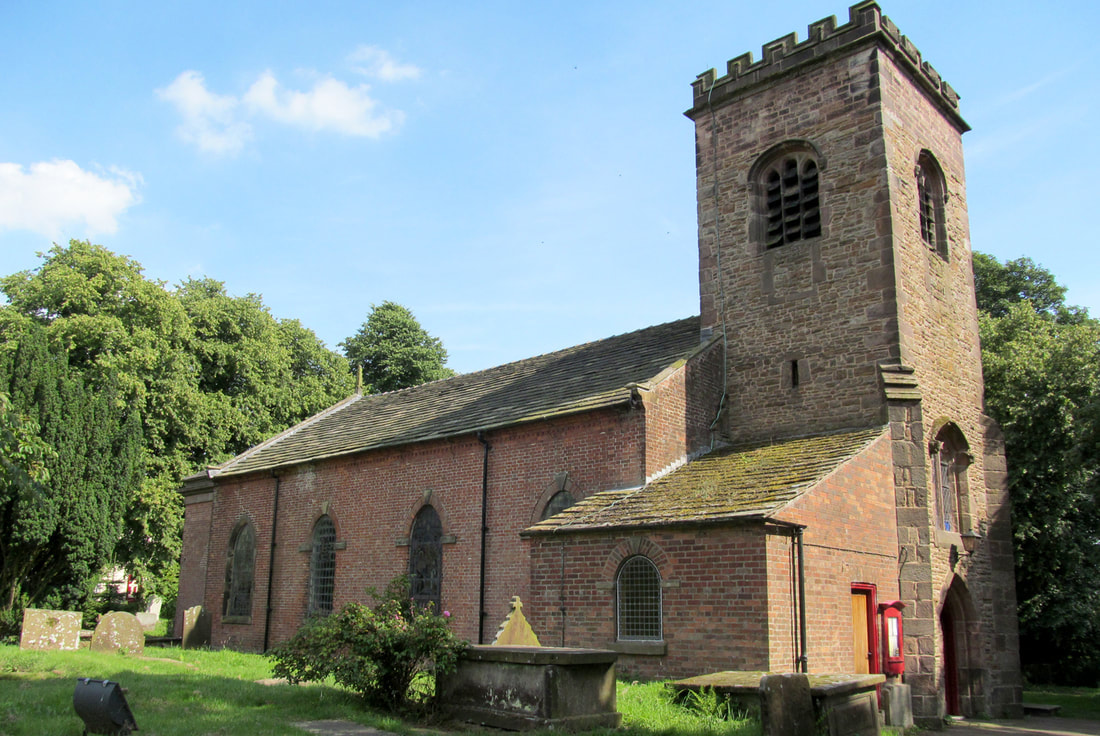Mission
Our mission is to respond to the needs in our small, rural community - spiritual needs, pastoral care, social needs of activities & events and the need for marking life events.
We believe that our church building and its people are here for a reason; to share God’s teaching, receive his message of unconditional love and spread the Good News.
We believe that our church building and its people are here for a reason; to share God’s teaching, receive his message of unconditional love and spread the Good News.
BOSLEY CHURCH IS SUPPORTING HOPE FOR JUSTICE AGAINST MODERN SLAVERY
Hope for Justice is fighting human trafficking and helping victims and survivors all around the world. This work is only possible because of a growing global movement of ordinary people who support this life-changing work in many different ways. Be part of it. Hope for Justice runs anti-trafficking projects all over the world, working directly with victims and survivors. Our community initiatives help to prevent modern slavery happening in the first place. Hope for Justice is a charity working to bring an end to modern slavery and human trafficking, and to protect the human rights of victims and survivors.
Our multi-disciplinary model is based on four pillars: preventing exploitation; rescuing victims; restoring lives; and reforming society.
Founded in the UK in 2008, Hope for Justice is now an international charity working across five continents. We help victims and survivors directly and also bring about long-term change through our work with governments, law enforcement, the business community and the general public. .
Our wholly owned social enterprise, Slave-Free Alliance, provides services to other organisations that wish to protect their own operations and supply chains from modern slavery.
Hope for Justice's vision is to live in a world free from slavery, and every step of the journey towards achieving this ambition is empowered by a global movement of supporters, campaigners, donors, fundraisers and freedom-bringers.
Hope for Justice began in the UK in 2008 and other groups and charities that have since become part of our organisation have histories stretching back even longer. We are proud that our heritage is shared with those who have joined together with us, including Natalie Grant's anti-trafficking organization, Abolition International (formerly The Home Foundation); Transitions Global in Cambodia; Retrak in Uganda and Ethiopia; Break the Cycle 200 in the USA; For Freedom in Norway; Lily Pad Haven in the USA; and No More Traffik in Northern Ireland. All are now part of Hope for Justice.
Hope for Justice is a 501(c)(3) not for profit organization in the USA.
Hope for Justice is a registered charity in England & Wales (no. 1126097) and in Scotland (no. SC045769), and a company limited by guarantee, registered in England and Wales, number 6563365.
Hope for Justice AS is registered in Norway under Organisasjonsnummer 915 520 995.
Hope for Justice is registered with Australian Charities and Not-for-profit Commission ABN #: 28 639 382782. Registered office: Level 8 50 Carrington Street Sydney NSW 2000.
Hope for Justice is a global anti-slavery charity founded in the UK in 2008. We work to end modern slavery and human trafficking with an effective, proven multi-disciplinary model that is replicable, scalable, and widely admired. In 2018 Hope for Justice founded an innovative social enterprise, Slave-Free Alliance, to provide services to businesses seeking to protect their operations and supply chains from modern slavery. Whilst not required to produce a Modern Slavery Statement under the requirements of Section 54 of the Modern Slavery Act 2015, we choose to publish this statement to demonstrate transparency, to be accountable to our members, donors and the public and as part of our commitment to changing lives and ending slavery. This is our fourth Modern Slavery statement, covering the period 1st April 2020 to 31st March 2021, against a backdrop of the global COVID-19 pandemic, staff placed on furlough during mid-2020 and ongoing organisational restructuring. While progress was therefore somewhat limited in this period, we continue to treat this work as a priority. Our new structures will enable strengthened governance, including a strategic approach to develop our internal systems, policies and practices to improve due diligence and prevent, mitigate and manage risks of modern slavery in our supply chains and operations globally.
Signs of modern slavery in our communities
- Houses or flats with too many people, all picked up or dropped off at the same time
- People who seem scared, confused or have untreated injuries
- Few or no documents, or someone else in control of their documents / passport
- No control over their own post/mail, no phone or phone held by someone else
- Low or no pay
- One person speaking on behalf of many others, who may avoid eye contact or conversation
- Lights on at workplaces at strange times – are people living there?
- Feel they are in debt to someone
- Limited freedom of movement and dependency on others
- Fear of police/authorities
- Fear of a trafficker, believing their life or families’ lives are at risk if they escape or complain
- Anxious and unwilling to tell others about their situation
- Poor health, malnutrition or untreated dental conditions
- Bruising; signs of other physical or psychological trauma including anxiety, confusion, memory loss
- Less often, someone believing they are being controlled through witchcraft
- Note: Those affected are unlikely to self-identify as a ‘victim’ and may not realise or accept they are being controlled
